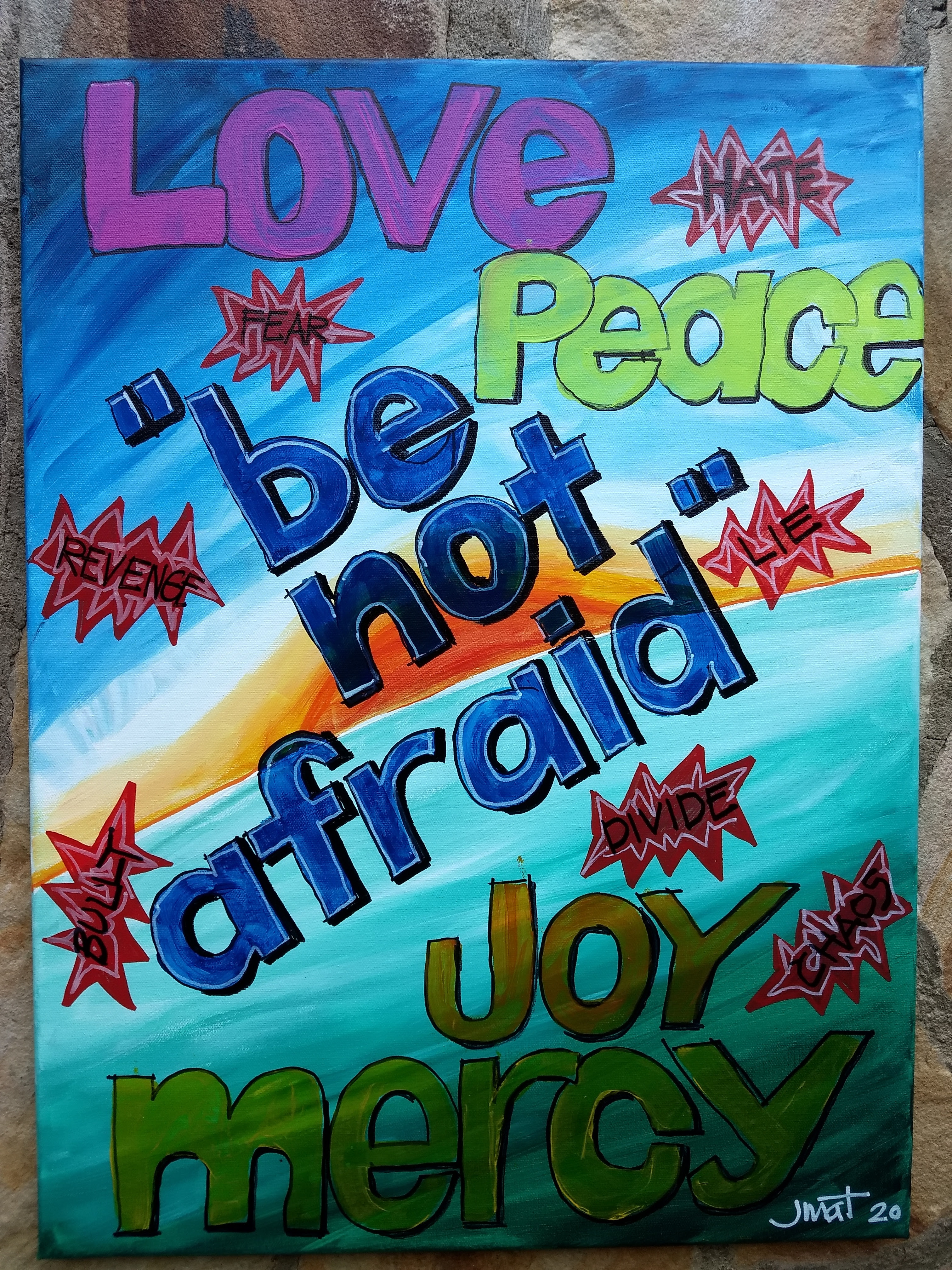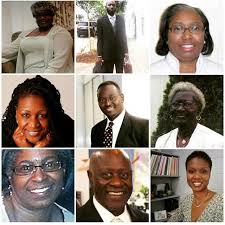Twelfth Sunday in Ordinary Time
Why are you terrified?” Mk. 4:40
“Do not be afraid.”
These are the very first words the angel Gabriel spoke to Mary.
The Bible seems particularly intent on repeating that statement, almost
like a mantra. For example, one scripture scholar tells us that these
same four words are spoken 365 times throughout sacred scripture! One
for each day of a year!
Why so much emphasis on this single emotion of fear?
It’s important to remember that Mark was originally addressing a
Christian community being persecuted by Romans in the most horrifying
ways.
Consequently, fear, perhaps even terror, was an everyday reality for them and the reason their overwhelming sense of doom can be heard in their anguished cry:
“Do you not care that we are perishing?”
Fortunately, we do not live today with that same sense of assured disaster.
And yet, in the United States alone, more than 40 million adults struggle daily with severe cases of anxiety (fear) disorders. This disorder seriously affects many children as well.
Here is how one psychiatrist describes the severity of fear in the lives of so many people:
“… fear is a disease of the imagination. It is invisible, like a virus. It sets upon you unwanted, stealing its way into your consciousness until it dominates your life. As the fear infiltrates your mind, it diminishes your ability to enjoy your family, and your friends – all because you live in fear of what might go wrong. Fear undermines your ability to work, to love, to play.”
It also cripples your ability to be transformed – which is the whole purpose of the coming of Jesus Christ into our anxiety-ridden world and of the gospel telling his life story.
Jesus is adamant:
We cannot move forward in our lives of faith until we have learned how to deal with our fears.
In today’s gospel reading, when Mark describes the “violent squall” and the “great windstorm,” it sounds a lot like the fears you and I encounter every day.
According to the American Psychological Association, the most common “waves breaking over the boat” of our lives are job pressures, money concerns, health issues, and relationship worries, including divorce and loneliness. After these, come the matters of media overload and sleep deprivation, as well as the fears associated with the pandemic, the increasing amount of gun violence, and other political issues.
Living with any of these fears can easily cause us to cry out along with the disciples in today’s gospel reading:
“Do you not care that we are perishing?”
Jesus’ response to this question is especially important for us to consider. Notice that he doesn’t dismiss the terror of those people who were desperately trying to evade persecution centuries ago. Nor does he dismiss our anxieties and fears to this day. Instead, Jesus demonstrates both his intense love for us and his awesome power over all our fears by simply speaking three words:
“Peace, be still.”
And the winds cease.
Jesus is trying to communicate to us the enormous importance of trust. It’s not that he doesn’t understand how all-consuming fear can be. Jesus experiences it himself in his agony in the garden. But just as he trusted God then, we are invited to do the same now.
Jesus asks us to bring our fears to him. Lay them at his feet. Shout them from the top of our lungs – all the time trusting that Jesus both cares and has the power to bring us through them.
One of the most effective ways of doing this, according to many spiritual writers, is to use prayer – especially meditation. This involves just 5 – 10 minutes daily of calming yourself through deep breathing while focusing on the simple repetition of the word “Jesus,” or a scripture passage like Psalm 46, verse 10:
“Be still, and know that I am God.”
That deep trust we want so desperately can also be enhanced through daily reminders of the most consoling and comforting words Jesus ever spoke to us: “Do not be afraid … You are my dearest friends.”
As “dearest friends,” our faith tells us that we are infinitely cherished.
With these aids, along with the power of the eucharist and the sacrament of reconciliation, our hope is that the same thing that happened in that boat so long ago will take place for each one of us now:
“The winds ceased, and there was a deep calm.”
Ted Wolgamot, Psy.D.


SISTER RACHEL’S QUOTE OF THE WEEK




